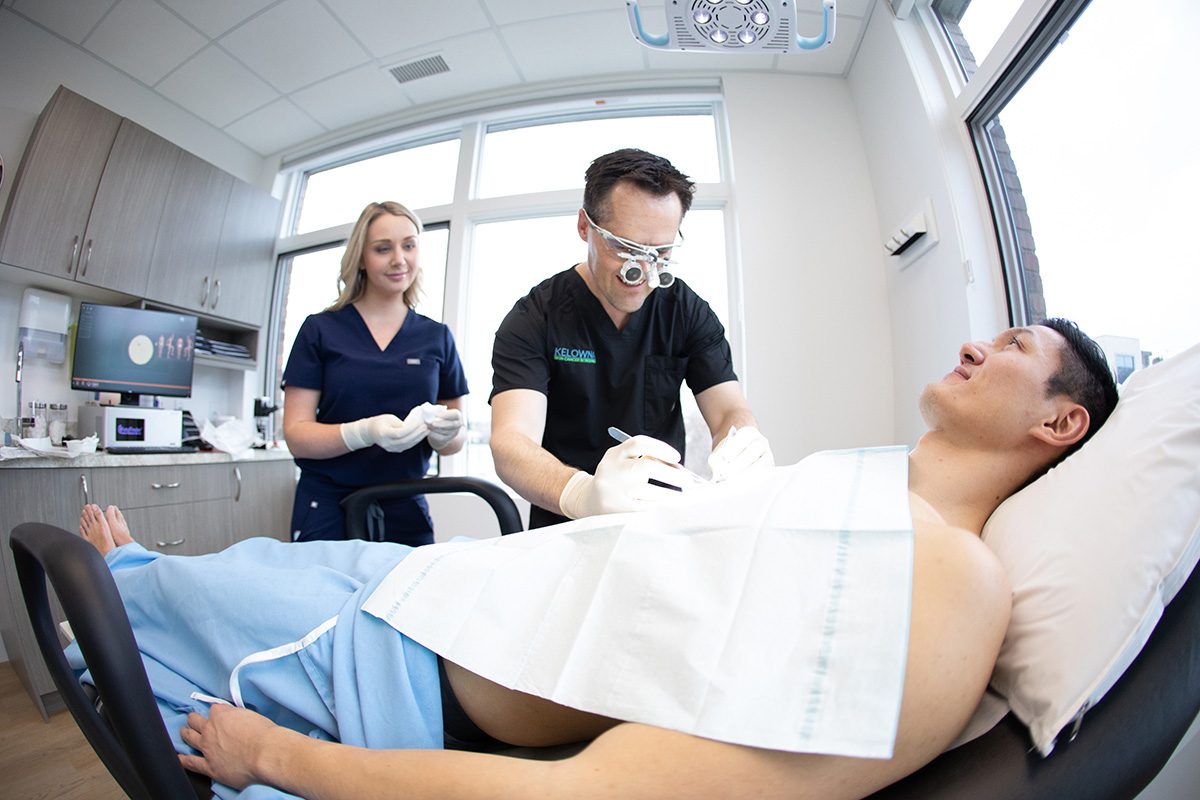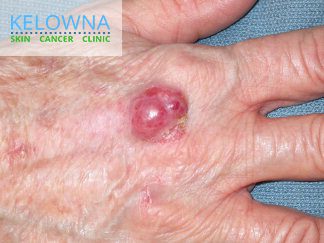MERKEL CELL CARCINOMA
A rare, exposed, fast-growing cancer.
Merkel cell carcinoma (MCC) is an uncommon type of non-melanoma skin cancer. It develops in Merkel cells that are located deep in the outer or top layer of the skin and in hair follicles.

What is merkel cell carcinoma?
Merkel cell carcinoma generally develops on areas of the skin that often remain exposed to the sun, including the legs, head, arms, and neck. It is aggressive in nature and develops and spreads rapidly.
How to spot merkel cell carcinoma.
The diagnostic tests for Merkel cell carcinoma generally include a skin exam, physical exam, and biopsy of the lump. Once the diagnosis is made, other tests like an MRI or CT scan may be performed to see if the cancer has spread to other body parts.

Who is most at risk?
Anyone can develop melanoma. However some of the more common risk factors include:
- Fair Skin Tone
- Excessive Sun Exposure
- Sunburn History
- Use of Tanning Beds
- History of Precancerous Skin Lesions
- History of Skin Cancer
- Weakened Immunity
Preventing merkel cell carcinoma.
Full body protection
Protect any part of the body that is not covered with UV protective clothing. Use a broad spectrum UVA/UVB sunscreen with a minimum SPF of 30-45.
Develop sun-safe habits
Avoid harsh UV rays and seek shade between the sun’s peak hours from 10 am to 4 pm. Or simply, stay out of the sun.
Avoid tanning
Prolonged UV exposure from tanning beds can lead to as much damage as sun exposure can. Tanning bed use over time can also lead to actinic keratosis. There is no such thing as a healthy tan, or safely “pre-tanning” before going on a holiday to a sunny destination.
Check your skin regularly
Keep an eye out for any changes in spots, freckles, blemishes, or abnormal skin growths. If they hurt, bleed or grow over time, see your doctor.
Get to know your treatment options.
Due to its severity, surgery or radiation therapy are often required to cure merkel cell carcinoma.
Talk to a physician.
With all types of skin cancer, it’s important to seek the advice of a qualified skin health physician. At Kelowna Skin Cancer Clinic, we have tools and expertise to diagnose and guide you through your treatment options.
